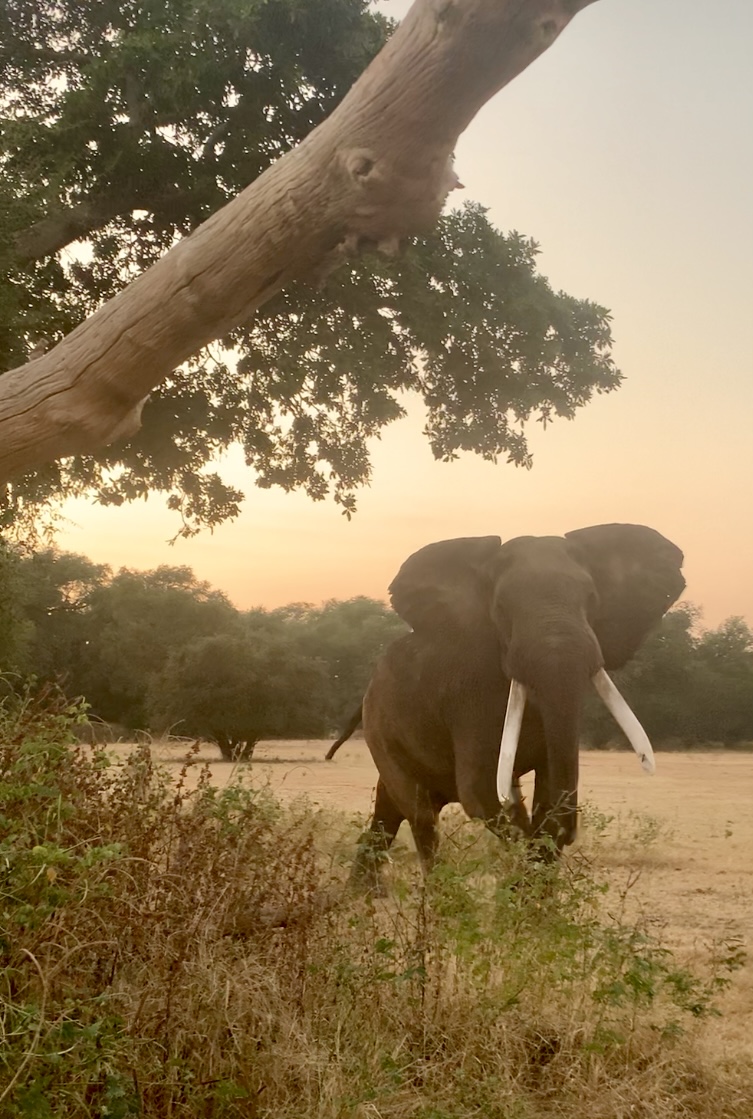As we step into 2023, the importance of sustainable tourism and conservation efforts has become increasingly evident. African safari destinations boast incredible biodiversity and unique wildlife, making them popular tourist destinations. However, the influx of visitors can put a strain on fragile ecosystems and threaten the very habitats and wildlife that attract travelers. In this article, we look into the potential of tourist taxes, specifically the Mexican Visitax, to support conservation efforts in African safari destinations.
African Tourist Tax Initiatives so far
The first African countries have already introduced tourist taxes for either general or specific tourist activities:
- Kenya: In 2021, Kenya introduced a tourist tax known as the Tourism and Wildlife Conservation Levy. The tax, which is imposed on both domestic and international tourists, aims to generate funds for wildlife conservation, community development, and tourism infrastructure improvement.
- Rwanda: Rwanda is renowned for its successful conservation initiatives, particularly in gorilla conservation. In 2017, the country implemented a tourist tax specifically targeting visitors interested in gorilla trekking.
- Uganda: Uganda introduced a tourist tax in 2014, referred to as the Uganda Wildlife Authority (UWA) park entry fees.
- Tanzania: In 2019, Tanzania introduced a tourist tax known as the Tourism Development Levy. The tax is applicable to both international and domestic tourists visiting the country.
- South Africa: While South Africa does not currently have a national tourist tax, some of its provinces and municipalities have initiated local taxes or levies on tourists.
The Mexican Visitax: A Sustainable Approach to Tourism Revenue
Outside of Africa, a role model introduction of a successful tourist tax has been the Visitax in Mexico. It gained traction as a sustainable funding mechanism for conservation efforts. The concept revolves around imposing a small tax on tourists visiting African safari destinations. These funds are then channeled directly into conservation projects, environmental protection, and community development, ensuring a mutually beneficial relationship between tourism and conservation.
African countries who consider introducing a similar general tourist tax like Mexico can surely see the benefits for their tourist infrastructure and conservation of nature. But they also face potential problems, with corruption as the first and foremost problem.
Preserving Biodiversity Hotspots
African safari destinations are home to numerous biodiversity hotspots, supporting a vast array of flora and fauna. However, the delicate balance of these ecosystems can be disrupted by the sheer number of visitors. A new tourist tax can provide the funds to keep such destinations balanced and safe for the years to come.
Combating Wildlife Poaching and Illegal Trade
Wildlife poaching and the illegal trade of animal products remain significant challenges in African safari destinations. A tourist tax backed initiative can play a crucial role in combating these issues by investing in anti-poaching patrols, community education programs, and strengthening law enforcement efforts. By addressing the root causes of poaching, tourist taxes contribute to long-term conservation and the preservation of iconic species such as elephants, rhinos, and lions.
Supporting Local Communities and Sustainable Development
One of the key benefits of tourist taxes is their potential to support local communities. Tourist tax funds are often allocated to community development projects, providing employment opportunities, healthcare, education, and infrastructure improvements. By empowering local communities, the initiative fosters a sense of ownership and pride in preserving the natural resources upon which their livelihoods depend.
Enhancing Visitor Experiences and Education
Tourist taxes not only contribute to conservation but also enhance visitor experiences. The funds can be utilized to establish visitor centers, interpretive trails, and educational programs, offering travelers a deeper understanding of the local ecosystems and the importance of conservation.
Corruption and Other Challenges for Tourist Tax Funds
While the introduction of a new tourist tax holds immense potential for many African nations, it faces its share of challenges. Implementing effective tax collection systems, ensuring transparency in fund allocation, and addressing concerns of affordability for tourists are some hurdles that need to be overcome. Collaborative efforts between governments, conservation organizations, and the tourism industry are crucial in navigating these challenges and maximizing the impact of tourist taxes.
Conclusion
As 2023 passes, introducing new tourist taxes appears to be a potential strategy to aid conservation efforts in regional African safari locations. These locations can protect their distinctive biodiversity, stop illicit activity, strengthen local communities, and improve visitor experiences by using the money raised by tourist fees. However, efficient governance, solid alliances, and ongoing commitment from all parties involved are necessary for successful implementation. The coming few years will show which African countries make use of such a tax and whether it helps them for their prosperous future or if known and unforeseen challenges prevail.
Image Source: Pexels

